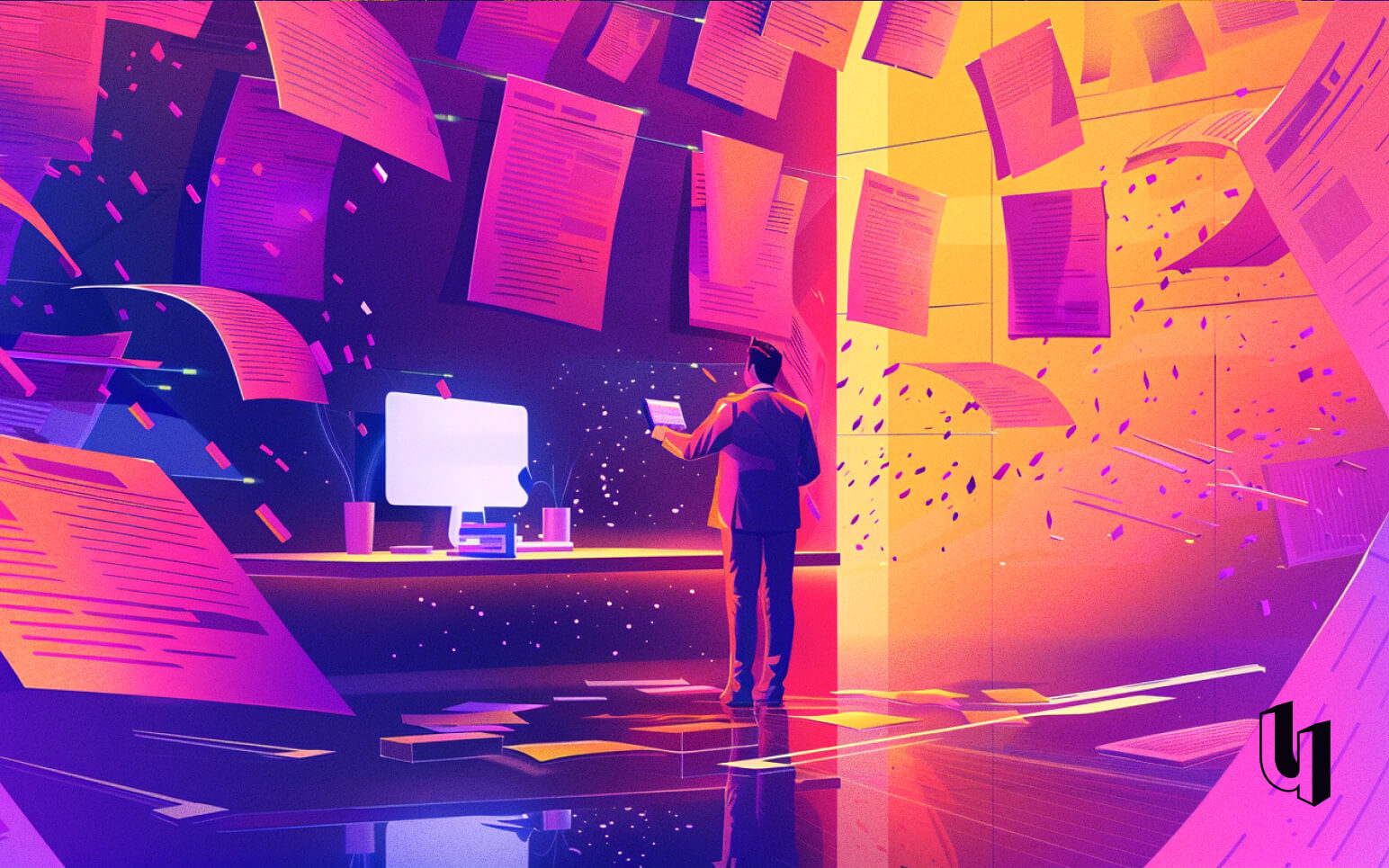In the high-stakes talent race of 2025, where top performers are the key to staying ahead, forward-thinking companies are wielding a game-changing tool: AI resume screening. This technology is transforming recruitment, enabling businesses to sift through thousands of applications in minutes, uncover hidden talent, and cut hiring times dramatically. It’s no wonder why this secret weapon is helping organizations build dream teams with unmatched precision. But what makes AI resume screening so powerful, and how can it help you snag the perfect hire every time? Let’s explore.

What is AI Resume Screening?
AI resume screening uses advanced artificial intelligence to analyze, rank, and filter job applications automatically. Forget the days of recruiters spending hours manually scanning resumes for keywords or qualifications. With natural language processing and machine learning, these systems match candidates to job requirements with incredible accuracy, evaluating not just skills but also potential for growth and cultural fit.
This technology adapts to the diverse formats of 2025—whether resumes come as PDFs, LinkedIn profiles, or even video submissions. It digs deep, spotting patterns in work history, education, and extracurriculars that signal a candidate’s long-term value. What makes AI resume screening truly revolutionary is its ability to learn. By analyzing data from successful hires, it refines its criteria over time, ensuring smarter and faster screenings with every use.
Why AI is a Game-Changer for Hiring
The benefits of AI resume screening are transformative. First, it’s a massive time-saver. Manual screening can take hours per resume, but AI slashes that time, often reducing hiring costs and cutting the average time-to-hire from weeks to days. This frees recruiters to focus on high-value tasks like interviewing and building candidate relationships.
Quality of hires also gets a major boost. Unlike humans, AI doesn’t get tired or swayed by unconscious biases. It evaluates candidates based purely on data, leading to better matches and lower turnover. Companies using AI resume screening report finding candidates who perform better on the job, thanks to the system’s ability to identify skills and potential that might otherwise be overlooked. Plus, it promotes diversity by minimizing human biases, ensuring a wider range of candidates gets a fair shot.
Scalability is another huge advantage. In today’s fast-moving economy, businesses often face sudden hiring surges. AI resume screening handles thousands of applications effortlessly, no matter the volume. It also improves the candidate experience with faster feedback and personalized job recommendations, turning the hiring process into a positive touchpoint for your brand.
How Top Companies Are Winning with AI
Leading organizations across industries are already leveraging AI resume screening to gain a competitive edge. Global corporations in retail, tech, hospitality, and finance have integrated this technology to streamline their talent acquisition. They’re screening millions of applications annually, reducing bias, and filling roles faster than ever. For example, some use AI to prioritize candidates with diverse backgrounds, while others focus on matching soft skills to company culture.
The results speak for themselves: companies adopting AI resume screening see higher retention rates, lower hiring costs, and teams that drive innovation. It’s no surprise that a growing number of businesses—over 80% in recent surveys—are either using or planning to adopt this technology by the end of 2025. It’s become a must-have for staying ahead in the talent race.
Navigating the Challenges of AI Adoption
Of course, no technology is without challenges. One concern with AI resume screening is the risk of algorithmic bias. If the system is trained on flawed data—say, resumes from a non-diverse pool—it might unintentionally favor certain profiles. However, modern systems address this by incorporating fairness checks and regular updates to training data, ensuring equitable evaluations.
Another hurdle is candidate perception. Some worry that AI feels impersonal, potentially alienating top talent. To counter this, companies pair AI with human touchpoints, like personalized follow-ups or video interviews, to maintain a warm candidate experience. Data privacy is also critical—businesses must ensure their AI tools comply with regulations like GDPR to protect applicant information.
These challenges are manageable with the right approach. By prioritizing transparency, regularly auditing algorithms, and blending AI with human oversight, companies can maximize the benefits while minimizing risks.
Getting Started with AI Resume Screening
Ready to make AI resume screening your secret weapon? Start by assessing your hiring needs. Identify roles with high application volumes or those requiring specific skills, as these benefit most from automation. Next, choose a platform that aligns with your goals—look for one with robust analytics, customizable filters, and compliance features.
Integration is key. Ensure the AI tool works seamlessly with your existing applicant tracking system and provides clear reporting to track performance. Train your team to use the system effectively, focusing on how to interpret AI insights while maintaining a human-centered approach in later hiring stages.
Finally, start small. Pilot the technology on a single department or job role to measure its impact. Monitor metrics like time-to-hire, candidate quality, and diversity outcomes to gauge success. As you refine your process, scale up to transform your entire recruitment strategy.
Once you've successfully streamlined your hiring process with AI resume screening, it's time to think about the next crucial step: managing and compensating your newly hired talent efficiently. For hospitality companies, this often means dealing with high turnover rates, fluctuating work schedules, and tip management—all of which require a specialized approach. This is where payroll software for hospitality companies comes in.
The Future of Hiring is Here
AI resume screening isn’t just a trend—it’s the future of recruitment. In 2025, companies that embrace this technology will outpace their competitors, building stronger, more diverse teams faster than ever. By automating the tedious parts of hiring and amplifying human judgment with data-driven insights, this secret weapon ensures you snag the perfect hire every time.
Don’t get left behind in the talent race. With AI resume screening, you’re not just filling roles—you’re building the workforce of tomorrow. Ready to revolutionize your hiring? The power is in your hands.

